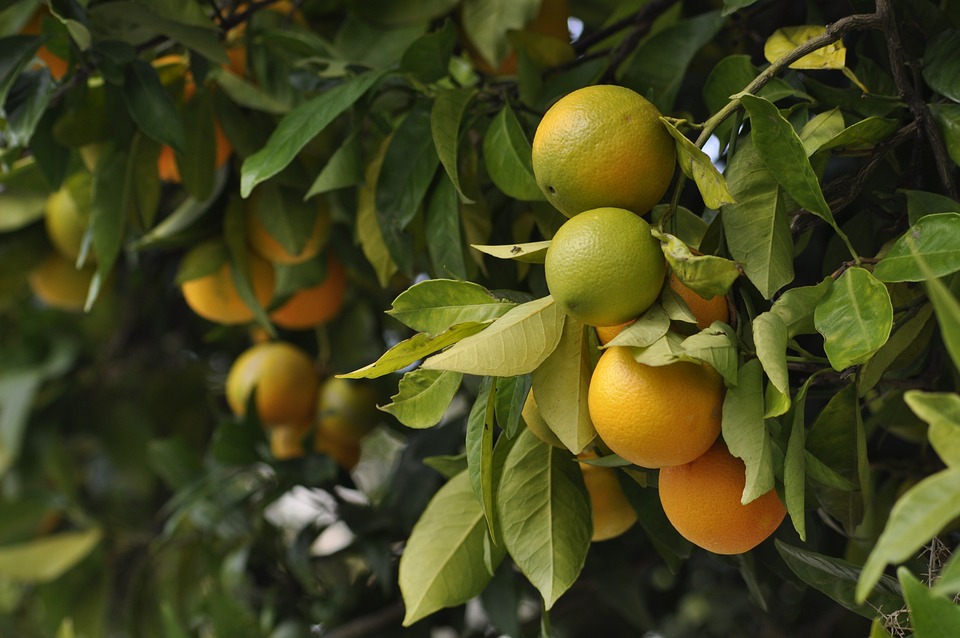Climate change is one of the most pressing issues facing our world today, with far-reaching implications for food security. In recent years, the effects of climate change on agricultural production, food availability, and access to nutritious food have become increasingly evident. This article will delve into the various ways in which climate change is impacting global food security and discuss potential solutions to mitigate these challenges.
Rising Temperatures and Changing Weather Patterns
One of the most significant impacts of climate change on food security is the alteration of weather patterns and rising temperatures. Extreme weather events such as droughts, floods, and heatwaves are becoming more frequent and severe, posing a threat to crop yields and livestock production. For example, prolonged droughts in regions like sub-Saharan Africa have led to crop failures and food shortages, exacerbating hunger and malnutrition among vulnerable populations.
- In 2019, the United Nations warned that climate change could push more than 100 million people into extreme poverty by 2030, with food insecurity being a key driver of this trend.
- According to the World Bank, climate change could reduce global food availability by up to 30% by 2050, leading to lower crop yields and higher food prices.
Impact on Smallholder Farmers
Smallholder farmers, who often rely on rain-fed agriculture for their livelihoods, are particularly vulnerable to the effects of climate change. Erratic rainfall patterns and prolonged dry spells can result in crop failures and loss of income, pushing farmers further into poverty. In addition, extreme weather events can destroy critical infrastructure such as irrigation systems and storage facilities, further compromising food production and supply.
- In countries like India and Bangladesh, smallholder farmers are experiencing increased crop losses due to erratic monsoon rains and rising temperatures, impacting their food security and economic well-being.
- A study by the International Food Policy Research Institute found that climate change could reduce the income of smallholder farmers in Africa by up to 90% by 2100, further exacerbating poverty and food insecurity in the region.
Adaptation and Resilience Strategies
To address the challenges posed by climate change and ensure food security for all, it is crucial to implement adaptation and resilience strategies at the local, national, and global levels. These strategies include sustainable agriculture practices, improved water management, diversified cropping systems, and access to climate-smart technologies. Investing in early warning systems, disaster risk reduction, and social safety nets can also help vulnerable communities cope with the impact of climate change on food security.
- The United Nations’ Food and Agriculture Organization (FAO) has been working with governments and partners to promote climate-resilient agriculture practices and support smallholder farmers in building their adaptive capacity.
- In Ethiopia, the Sustainable Land Management Program has helped rural communities implement sustainable farming techniques, such as agroforestry and soil conservation, to improve resilience to climate change and enhance food security.
Conclusion
In conclusion, climate change poses a significant threat to global food security, with the potential to exacerbate hunger, malnutrition, and poverty around the world. It is imperative that we take urgent action to mitigate the effects of climate change on agriculture and food production by adopting sustainable and climate-resilient practices. By investing in adaptation strategies, supporting smallholder farmers, and fostering international cooperation, we can build a more secure and sustainable food system for future generations.
